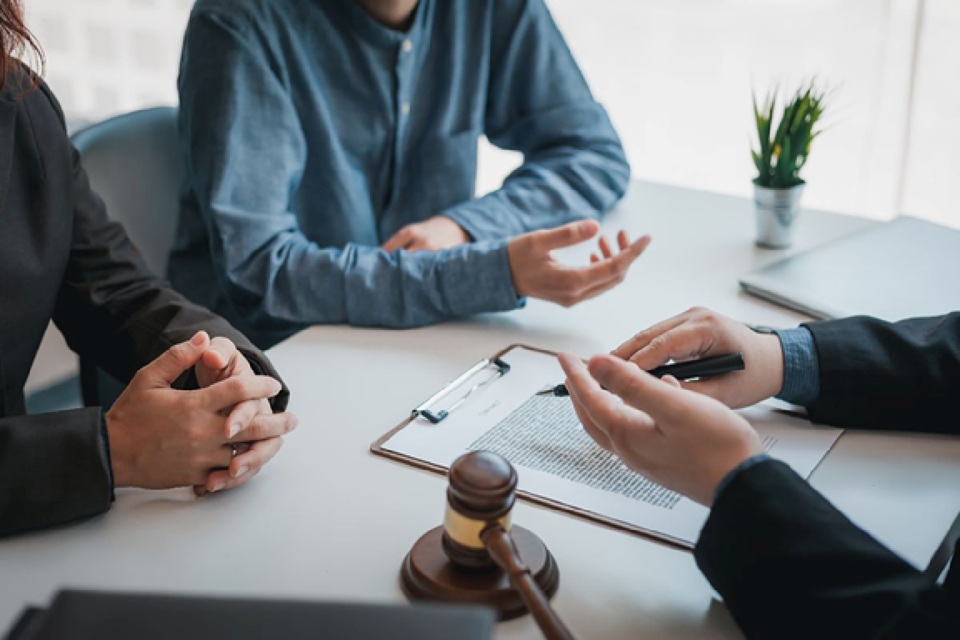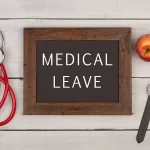Criminal Defense Lawyer: Protecting Your Rights in Court
When facing criminal charges, choosing the right legal representation is crucial. A qualified criminal defense lawyer helps us navigate the legal system, protect our rights, and pursue the best possible outcome for our situation. Understanding what a criminal defense lawyer does can make all the difference during a challenging time.
We may have questions about what to expect, how the defense process works, and what to look for in a lawyer. By exploring these important aspects, we can better prepare ourselves and make informed decisions about our defense strategy. For more info, click here.
Understanding Criminal Defense Lawyers
Criminal defense lawyers play a vital role in protecting the rights of individuals facing criminal charges in the legal system. Whether working privately or as public defenders, they represent and advocate for defendants in a wide range of cases.
What Is a Criminal Defense Lawyer
A criminal defense lawyer is a licensed attorney who represents individuals or organizations accused of committing criminal offenses. Our role involves defending clients at various stages—from the initial investigation and police questioning to trials and, if necessary, appeals.
We handle critical legal tasks such as advising clients of their rights, developing defense strategies, negotiating with the district attorney, and advocating in court. The focus is on ensuring that every defendant receives fair treatment and due process under criminal law.
Criminal defense lawyers work in different settings, including private law firms, criminal defense law firms, and as court-appointed counsel. Our expertise covers a wide range of legal concepts and procedures, directly impacting the defense’s outcome.
Criminal Defense Versus Public Defender
The distinction between criminal defense attorneys and public defenders often centers on how they are hired and who pays for their services. Private criminal defense lawyers are selected and paid by defendants or their families, while public defenders are appointed by the court to represent those unable to afford legal representation.
Public defenders are employed by the government and typically manage a large number of cases. While they possess deep knowledge of local courts and criminal law, high caseloads can limit the time spent on each client.
By contrast, private criminal defense attorneys may offer more individualized attention and resources. However, they charge fees that vary based on experience, the complexity of the criminal charges, and the amount of time required. Regardless of whether someone is represented by a public defender or a private law firm, the primary duty is to safeguard the constitutional rights of defendants.
Types of Criminal Charges Handled
Criminal defense lawyers and public defenders manage a wide spectrum of cases, from minor infractions to serious felonies. Typical charges include:
- DUI/DWI offenses
- Drug-related crimes
- Assault and battery
- Theft and burglary
- White-collar crimes like fraud or embezzlement
We also represent clients accused of sex offenses, homicide, domestic violence, and weapons violations. The defense strategy, legal risks, and potential penalties depend on the specific charge.
Our expertise lets us challenge evidence, cross-examine witnesses, and negotiate with the district attorney for plea deals or reduced sentences. Having knowledgeable legal counsel is essential for anyone facing criminal prosecution.
The Criminal Defense Process
Criminal defense involves a structured series of steps, starting from the moment someone is accused through to final resolution in court or via negotiation. Each stage requires careful attention to rights, potential consequences, and collaboration with legal counsel.
Initial Consultation and Legal Advice
When someone faces a criminal investigation or charges, the initial consultation with a criminal defense lawyer is critical. During this meeting, we assess the basic facts and provide an overview of the client’s legal position. We discuss the type of charges involved, such as misdemeanors, felonies, drug crimes, or sex crimes like sexual assault.
Clients need to be candid about the details surrounding the arrest or accusation. We explain possible penalties, potential impacts on a criminal record, and advise clients on interactions with law enforcement. Early legal advice helps avoid self-incrimination and protects vital rights.
We also set expectations about the criminal justice system’s process in New York and outline next steps. The client relationship is established here, with confidentiality as a key cornerstone from the start.
Defense Strategies and Evidence Gathering
A strong defense strategy is built after reviewing the prosecution’s case. We gather all possible evidence, such as witness statements, alibi documentation, digital records, and physical evidence related to the alleged crime. This stage often involves collaborating with investigators and expert witnesses to scrutinize facts.
We review the prosecution’s case for weaknesses, such as improper police procedure or lack of probable cause. For white-collar crimes, financial records need thorough examination; for drug crimes, the circumstances of searches and seizures are critical.
We consider legal motions that may exclude certain evidence or even seek to dismiss the case. The goal of our strategy is to minimize the risk of a criminal conviction and reduce potential penalties whenever possible.
Trials, Plea Bargains, and Sentencing
If negotiations do not result in a resolution, the case proceeds to trial. We prepare the client for court appearances, handle jury selection, and present defense arguments. At trial, evidence collected is challenged, and witnesses are cross-examined to highlight inconsistencies in the prosecution’s story.
Many criminal cases do not reach trial because plea bargains are offered. We review each offer, weighing the benefits (such as reduced charges or lighter sentences) against the risks and possibilities of trial outcomes.
If sentencing is required after conviction—either by plea or verdict—we advocate for alternatives such as probation or reduced sentences, especially in non-violent misdemeanors. Every stage aims to limit the impact of criminal prosecution on the client’s life.
Cost of Legal Representation
Legal fees in criminal defense can vary significantly depending on the complexity of the case, the seriousness of the charges (misdemeanor versus felony), and the anticipated length of legal proceedings. In New York, defending a felony or a high-profile case such as sexual assault typically incurs higher costs due to expert witnesses and extended preparation.
We offer clear explanations of fee structures: flat-rate, hourly, or, in some cases, payment plans, depending on the client’s financial situation. Transparency is crucial; we provide detailed billing to avoid unexpected expenses.
Hiring a criminal defense lawyer is an investment, and we ensure clients understand the correlation between quality legal representation and potential outcomes, including minimizing long-term consequences on their criminal record.

















